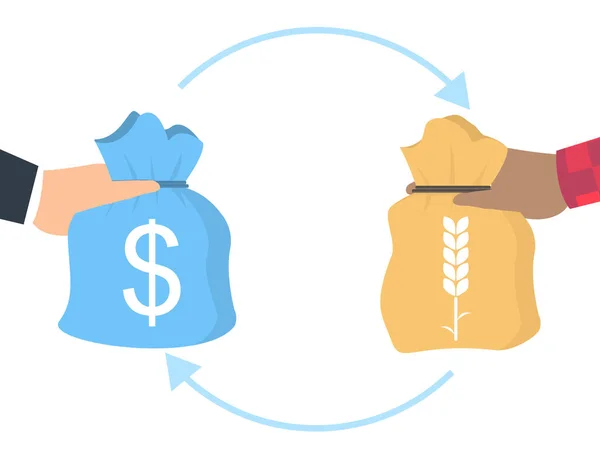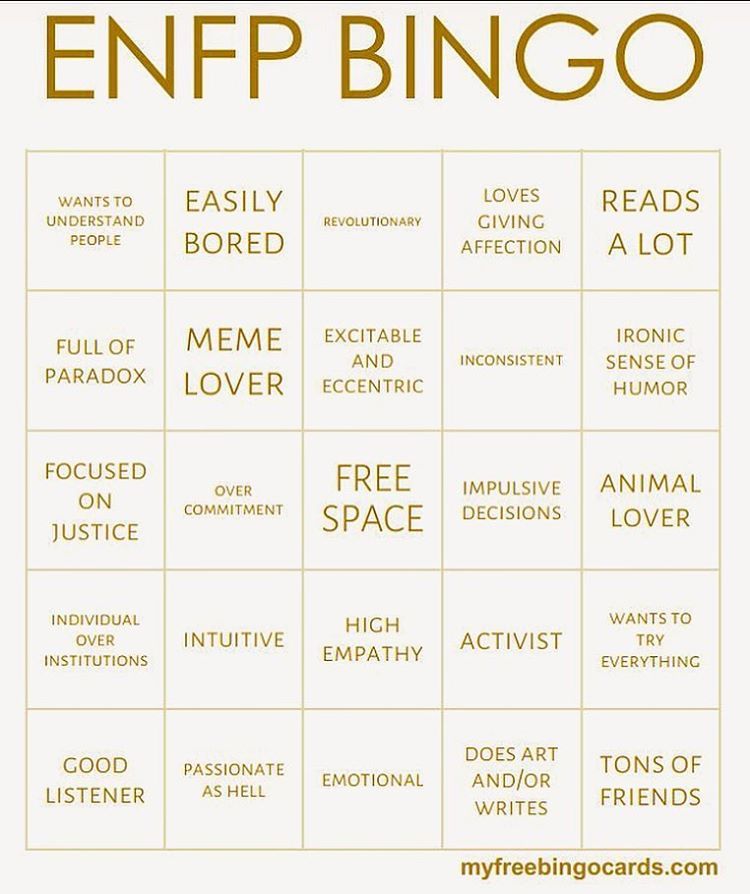Relationship for money
Understand Your Relationship with Money
Understand Your Relationship with Money
Everyone has a complex relationship when it comes to money. How you acquire, spend and manage money is largely due to two factors: the nurturing you received during childhood about money and values, and the way you organized this information in your mind. For example, if you value religion, you might tithe to the church. Or, if you value education, you may prioritize college savings.
This relationship with money lies on a spectrum. On either end of the spectrum is financial insecurity. On one end, you may be extremely frugal and concerned with the relative scarcity of your means; on the other, you may be very irresponsible. The way each of us processes and organizes money messages—as well as the ways in which we model money behaviors—is unique.
Developing a Financial Style
We are bombarded with messages about money from toddlerhood to adulthood. Even individuals who are raised in the same household do not necessarily have the same view about money or relationship with money. And, although you may develop your financial style early, it can change over time or due to circumstance. It's not uncommon for someone who's undergone a significant life change to adopt a very different relationship with money. For instance, if you have a near-death experience, you may abandon the "saver" mentality and instead spend on experiences to make the most of your life. Similarly, the birth of a child may inspire you to save for the future.
Following is a discussion of the three dimensions of money. Typically, the dimensions are unequal in importance—you may place a higher value on acquisition than management. When evaluating these dimensions, think about where you fall on the spectrum. How can you improve your relationship with money?
Dimension of Acquisition
The dimension of acquisition deals not with how you acquire your wealth, but how much money is necessary for you to feel secure. Some people believe that money is the "root of all evil;" others believe that you can never have enough.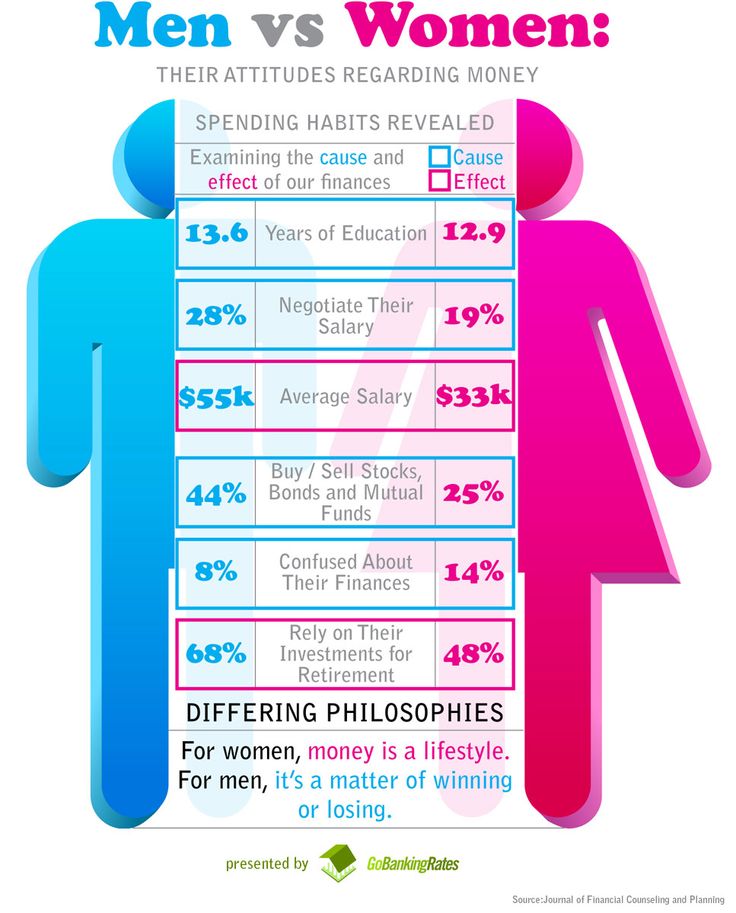 Still, there are some individuals who find the acquisition of money to be an irrelevant pursuit. When it comes to acquiring money, you may be avoidant, insatiable or somewhere in between. Where do you stand?
Still, there are some individuals who find the acquisition of money to be an irrelevant pursuit. When it comes to acquiring money, you may be avoidant, insatiable or somewhere in between. Where do you stand?
In the extreme, an individual may bend rules, or even break the law, to acquire more money. Even people of considerable means can fall prey to the idea that "you can never have enough."
Dimension of Spending
Once you have acquired money, there's the question of "what do you do with it?" Most of us have heard stories about individuals who "penny-pinch" their whole lives and die with a considerable sum in the bank. Or, you hear of star athletes who make millions over the years, only to end up with nothing.
On one end is the miser; on the other end is the compulsive spender. Most of us are reasonable, careful and intentional with how we spend money; however, sometimes, we experience episodes where our spending is "out of control."
Dimension of Management
The compulsive spender is often a poor money manager.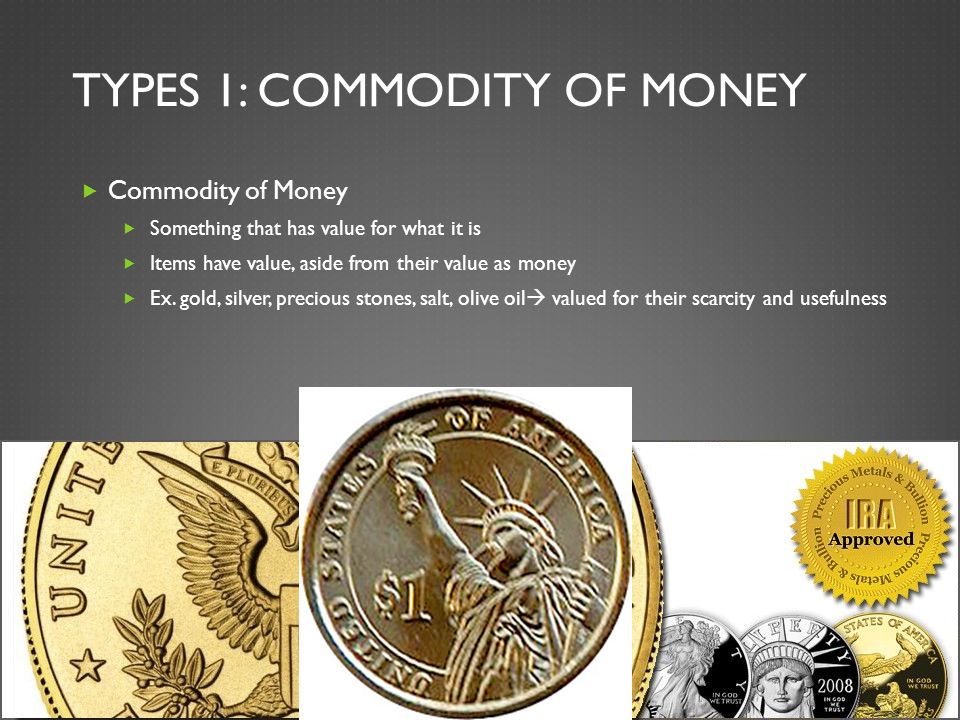 But like your acquisition and spending habits, the way you manage your money is highly individualistic.
But like your acquisition and spending habits, the way you manage your money is highly individualistic.
Money management covers everything from how you pay your bills to how you manage your investments. The micro-manager must account for every nickel and dime, while the person who is completely disorganized with money may procrastinate when paying bills and be unaware of the true condition of his or her finances.
Knowing is Half the Battle
Money relationships at either end of the spectrum are generally detrimental—you must find a healthy balance. A "normal" or "secure" relationship with money means that your acquisition, spending and management styles will not cause financial difficulties, and that you are reasonably content with the relationship. If you have an "insecure" relationship in one of the money dimensions, then that relationship has already gotten you into money trouble or it may yet do so.
After you determine where you fall on the spectrum, you can focus on changing unhealthy money habits or reinforcing healthy ones. The Center for Health offers resources to help you find, or keep you in, financial balance on the Financial page on the Center for Health website.
The Center for Health offers resources to help you find, or keep you in, financial balance on the Financial page on the Center for Health website.
Source: Understanding Our Relationship with Money; Eileen F. Gallo, Ph.D.; Journal of Financial Planning; May 2001; The three dimensions of money were derived from the article.
How Money Can Build Or Break Relationships, From Two Experts
It's well known that money is one of the most common subjects for couples to argue about. A 2019 study from the University of Tennessee, Knoxville reported that regardless of the happiness level within the relationship, money is a topic that couples consistently disagree on.
However, talking finances aren't always a negative, especially if you're single and actively dating. A recent study from eToro suggests owning cryptocurrency and placing that in your online dating profile makes you more desirable.
So regardless if you're married, casually dating or somewhere in the middle, how can Americans continue to maintain and build healthy relationships while also continuing to work towards their financial goals? Select talked to two experts about what people can do to improve their money and intimate relationships.
Our best selections in your inbox. Shopping recommendations that help upgrade your life, delivered weekly. Sign-up here.
How dating and money intersects
It's not a secret that people in committed relationships tend to perform well financially. A Pew Research study found that in 2019, men and women both earned more and were more financially sound in a committed relationship. However, that doesn't mean someone should date solely for financial security.
But if you're actively dating, it's normal to be curious of a potential partner's financial situation, regardless of where you're at in the dating process. Damona Hoffman, OkCupid Dating Coach and Host of The Dates & Mates Podcast, suggests "daters who get better with their money will naturally attract better dating prospects because it is still one of the primary attractors in our society."
In fact, the likelihood of a single saying wealth is important in a match nearly doubled on OkCupid during the pandemic.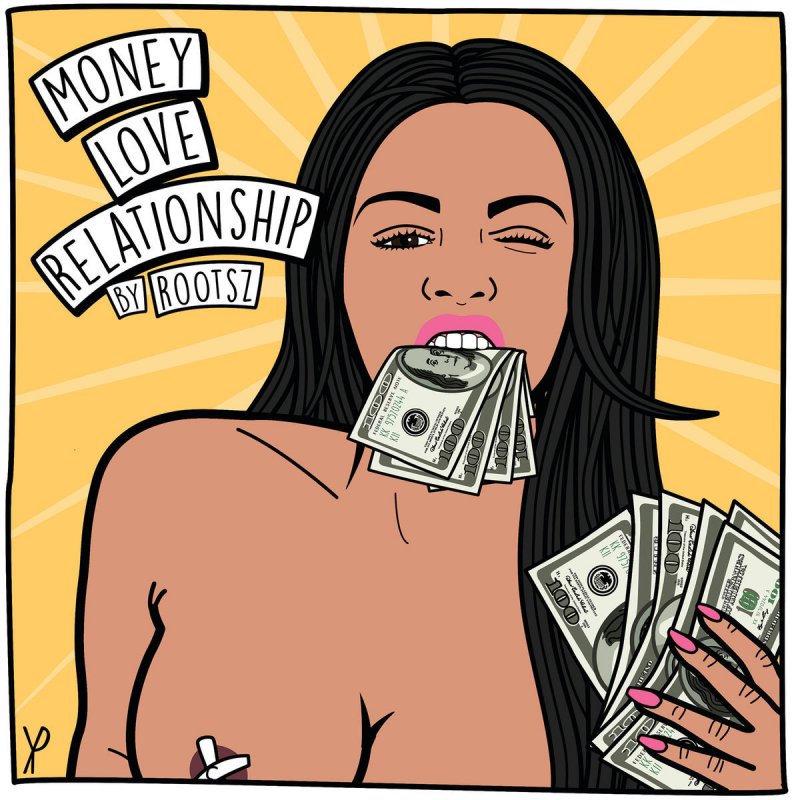 Hoffman said this was likely because financial security was low for many as unemployment rates skyrocketed in the early months of the Covid-19 induced shutdowns.
Hoffman said this was likely because financial security was low for many as unemployment rates skyrocketed in the early months of the Covid-19 induced shutdowns.
So having more money than less is definitely a "plus" on the dating market.
Unfortunately, the exact thing that can be attractive to so many can also cause the end of a relationship. According to a survey from the Institute for Divorce Financial Analysts, "money issues" is the third leading cause of divorce — behind "basic incompatibility" and "infidelity". One respondent of the survey stated, "many couples lack the communication skills necessary to navigate financial disagreements in their marriage."
So how can something that is a "plus" be the end to so many relationships?
The psychology of money and relationships
There is no one key to success in any relationship, but common themes among strong relationships are shared values and common goals. And when the subject of personal finance arises, Hoffman suggests you'll naturally begin to reveal your goals and values.
She said, "you're unlikely to be perfectly aligned on those [goals and values], but discussing them offers you an opportunity to understand your partner and find compromise on those important choices."
And these values are formed much before you earn your first dollar.
Dr. Alex Melkumian, founder of the Financial Psychology Center in Los Angeles, CA, told Select how everyone's "money story" starts at childhood. "The foundation of anyone's understanding and relationship with money is based with their family of origin coupled with any financial literacy education they receive throughout their life," he said.
Because we're all raised differently and come from varying socioeconomic backgrounds, how we think about and understand money can vary significantly from person to person. Dr. Melkumian added, "It's rare that in a romantic relationship both partners come to it with the same, or similar, money story."
So regardless of what your upbringing is, and how difficult discussing money can be, it's imperative to have the conversation with your significant other.
How to talk about money while dating, or with an established partner
Talking about money can be difficult in any setting, whether its dating, asking for a raise at work or even among friends.
If you're money situation is less than ideal, it can bring fears of judgement or embarrassment. If you're financially savvy and enjoy talking about subjects like your Roth IRA or the latest meme stock, it can bring up resentment from others.
So before you have your next money conversation, keep in mind a few do's and don'ts:
- Take time to understand each other's values: If one person loves spending money on going out to eat, while the other prefers to avoid eating out to save money, this could present a difference in values. Make sure you discuss with one another how and why you value certain things.
- Be clear about who pays for what: It should never be a guessing game of who is paying for something. The right time to figure that out isn't when the bill comes or when you are standing in front of a register, but before the issue arises altogether.
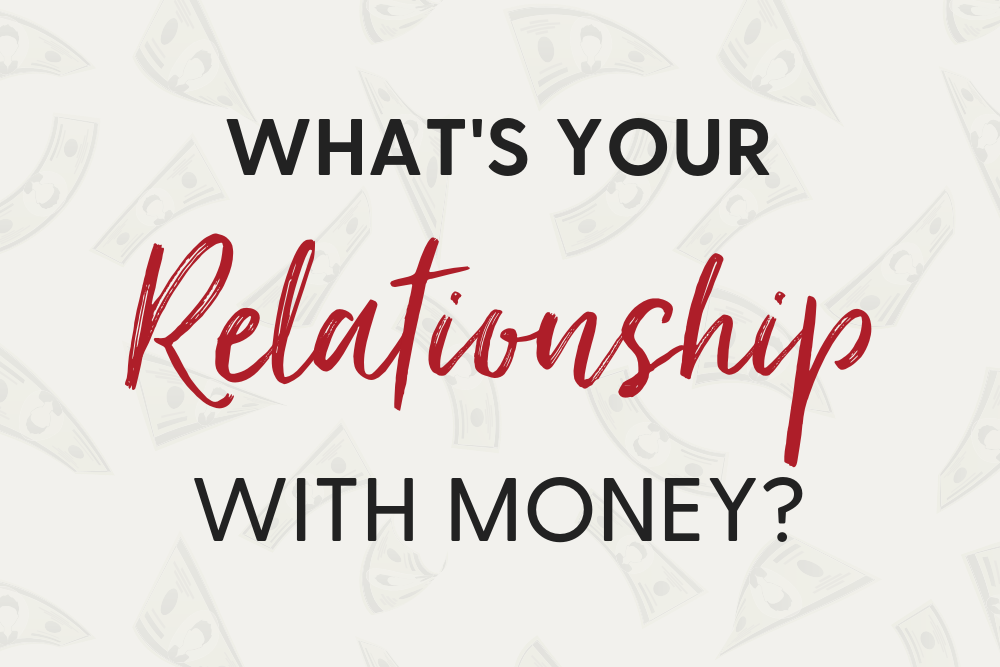
- Don't impose on someone else: Like Dr. Melkumian said, everyone has a different money story. And that journey can impact how someone acts towards money, and acts towards someone else. But regardless of the situation, don't impose your money story or strategies on a significant other. It can lead towards resentment and other issues.
- If you're considering marriage, get 'financially naked': Did you know one-third of Americans admit they financially cheat on a partner? While it may not be sexual infidelity, financial infidelity can be just as destructive. So if you're considering taking the next step in your relationship, it's extremely important to make sure you talk about potentially difficult subjects like credit card debt or student loans.
Bottom line
Talking about money is difficult, especially while dating or in a relationship. In fact, a Wells Fargo survey showed people feel that discussing politics or religion is easier than talking about personal finance.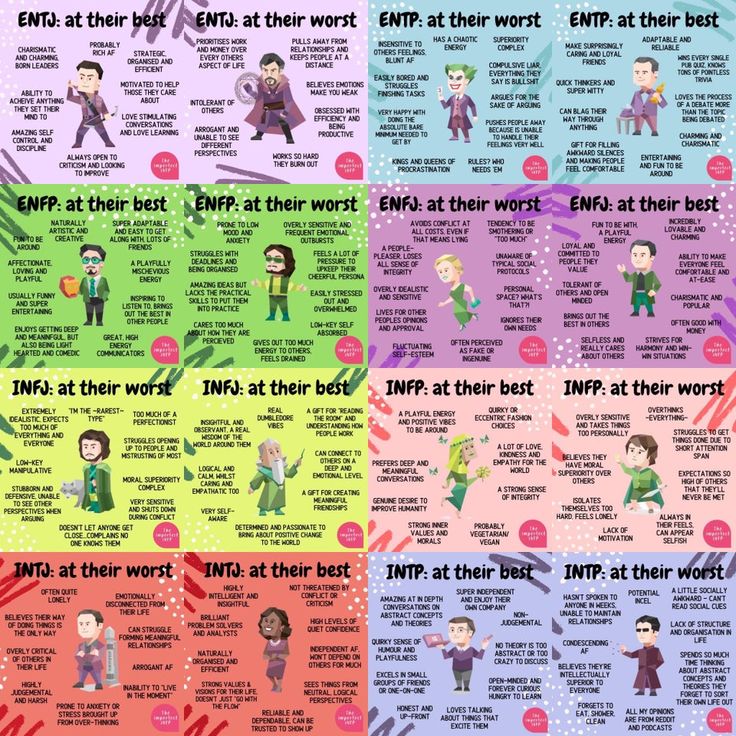 But both Dr. Melkumian and Hoffman are adamant about the importance of discussing money at any stage of an intimate relationship.
But both Dr. Melkumian and Hoffman are adamant about the importance of discussing money at any stage of an intimate relationship.
Whether it's casually talking about the next up-and-coming cryptocurrency coin on a date, or discussing investing goals with a soon-to-be spouse, an open-and-honest conversation can do wonders for your current or future relationship.
Catch up on Select's in-depth coverage of personal finance, tech and tools, wellness and more, and follow us on Facebook, Instagram and Twitter to stay up to date.
Read more
Editorial Note: Opinions, analyses, reviews or recommendations expressed in this article are those of the Select editorial staff’s alone, and have not been reviewed, approved or otherwise endorsed by any third party.
9 facts about the connection between finance and love
Natalya Kulyashova
plunged into research
Author profile
It is believed that money is earthly, and feelings are something sublime. But research shows that they are strongly interconnected.
We studied them for this article and compiled a list of scientific facts about how money affects love, marriage and relationships.
Married men earn more than single men
Over the past forty years, scientists have found a lot of evidence that marriage for a man is a financially profitable enterprise. On average, married men earn 10-20% more than single men.
Why do married men earn more than single men? — Science Direct
Apparently, this is due to several reasons at once. First, the family stimulates to earn more. Second, men with higher salaries are more likely to marry. And, of course, the help of the wife in everyday life plays an important role, which allows you to devote more time to work.
As for the impact of marriage on women's income, the data vary. An American study based on data from 12,000 people showed that marriage increases the income level of women too, but there are many studies that have shown the exact opposite result.
Marriage and women's wages: do married women pay a fine or get a bonus? — European Population Conference 2014PDF, 504 KB
Among the latter there are those held in Russia. Statistics collected from 2000 to 2009 confirmed the global trend: married men in Russia earn more than single men. But for women, everything is exactly the opposite: unmarried people get more.
Econometric analysis of the impact of changing marital status on wages in Russia — a study by Lilia Rodionova on the Cyberleninka portal
The author of the study, Lilia Rodionova, explains this by the fact that the life and upbringing of children still fall on the shoulders of women. Because of this, they are forced to choose jobs with shorter hours and more flexible conditions, which almost always result in lower wages.
At the same time, according to statistics, divorce increases the income of Russian women. According to Rodionova, children, as a rule, stay with their mother, and this forces them to change the criteria when looking for a job. For men, income usually falls after the dissolution of a marriage.
Source: research by Lilia RodionovaYour partner's financial behavior affects your happiness
University of Arizona researcher Melissa Curran interviewed more than 500 young people in romantic relationships.
Financial socialization of young people by parents and romantic partners - Springer Link
She found that life satisfaction depends on how wisely a romantic partner handles money. If a person believes that the financial behavior of his couple is rational, then this increases the level of happiness. And vice versa.
Curran believes that the unwise spending of partners does not in itself affect the feeling of satisfaction with life. Everything is more difficult. Most likely, they are reflected in the person's own behavior: for example, they lead to expenses that could have been avoided. And the fact that one's own financial instability is the cause of unhappiness is a scientific fact: we talked about this in another article.
The researcher names romantic partners and parents as agents of financial socialization because they have the strongest influence on a person's financial behavior. If they are not examples of financial literacy for you, Curran recommends communicating more often with those whose attitude towards money will be an example for you. Probably, some habits can be adopted. And her other recommendation is to talk to your partner about money.
Talking about money makes a marriage stronger
Money causes strong emotions in almost everyone. Often negative: fear, anxiety and shame. Because of this, many prefer not to discuss financial matters. The taboo remains even when it comes to married couples.
Financial Satisfaction and Financial Stressors in Marriage - SAGE Journals
Discussing financial issues helps to set common goals and bond, which strengthens the relationship as a whole. And sometimes it gives a chance to talk about something more. As Melissa Curran explains, oftentimes financial issues are not just about budgeting but also about power and control. The discussion will help the couple establish comfortable boundaries.
But it's not just that sincere talk about money strengthens relationships. And also in the fact that financial decisions that are discussed in pairs are usually more successful than those made alone. The study found that talking about shopping and investing in the family led to a reduction in unnecessary risk, an increase in savings, as well as less exposure to stereotypes and cognitive distortions.
Household Risk Behavior Experiment - The Economic Journal
To make the first conversation about money a success, psychologists recommend starting with general questions, and not with specific expenses. Discussing shared values and financial background will help you understand your partner better. It's worth jotting down your list of questions, but here are a few from the psychologists' list:
/talking-about-money/
How to talk to loved ones about money
- what's the best financial advice you've ever received?
- what are your long-term financial goals?
- Could you handle big unexpected expenses now? Do you have an airbag or someone you could turn to for help?
- Are you satisfied with the amount that you now manage to save?
Each believes that he manages money better than his partner
Understatement leads to another problem: spouses often have distorted ideas about each other's financial behavior.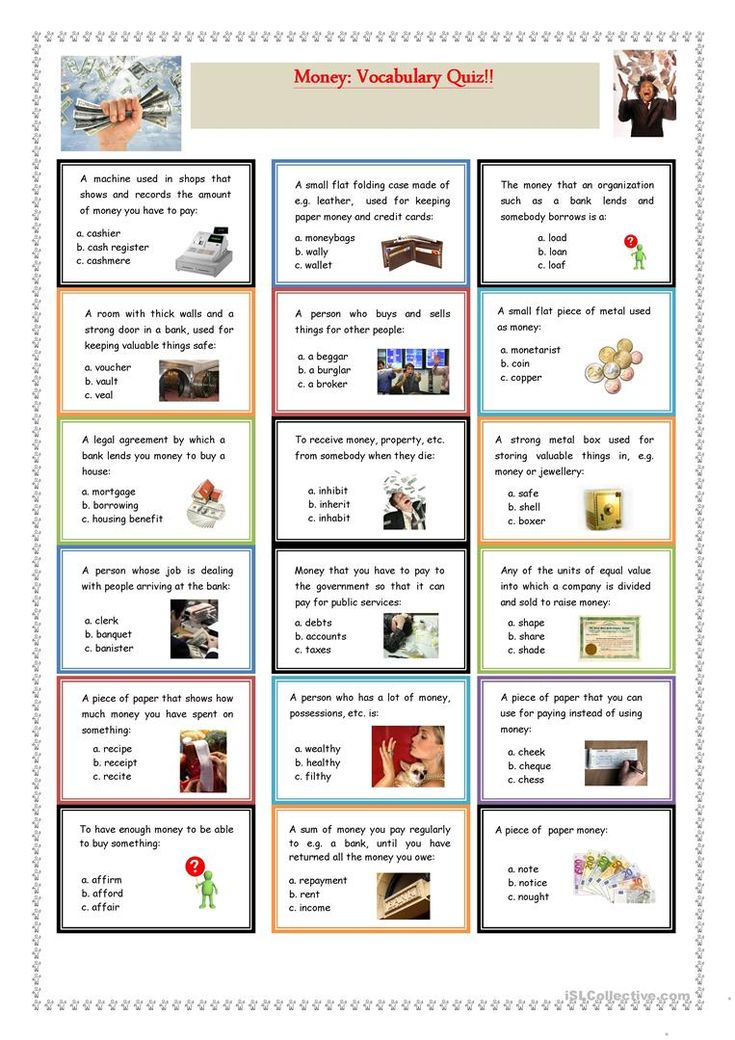 A study conducted in the United States by Money magazine showed that often everyone believes that he is doing more for the material well-being of the family. For example, 75% of men believe that they have the most developed budgeting skills in their family, while the same opinion about themselves 69% of women.
A study conducted in the United States by Money magazine showed that often everyone believes that he is doing more for the material well-being of the family. For example, 75% of men believe that they have the most developed budgeting skills in their family, while the same opinion about themselves 69% of women.
Poll: What do husbands and wives think about money — Money
There are still many inconsistencies. Wives tend to overestimate their husbands' fear of losing their jobs, and husbands grossly underestimate their wives' ability to make the right decisions. Only 42% of husbands said that their wives strive to profitably invest the family budget, while 64% of wives named this as their main goal.
Another major study published in 2021 found that in most households, husbands are still considered the main experts in financial matters. This is especially true for very wealthy families.
Husbands, wives and financial literacy in wealthy households - Wiley Online Library
Do you consider yourself very experienced in money management? What about your wife or your husband? Source: money. com Do you consider yourself very experienced in money management? What about your wife or your husband? Source: money.com
com Do you consider yourself very experienced in money management? What about your wife or your husband? Source: money.com Partners hide some purchases from each other
There is a term in the behavioral sciences - financial infidelity. He describes a situation where partners do not tell the truth about their money.
Love, Lies, and Money: Financial Infidelity in Romantic Relationships - Journal of Consumer Research
Researchers identify 14 types of financial cheating, including hiding real income and debts, inconsistent airbag spending, secret accounts, hiding purchases, and lying about their cost. Approximately 31% of spouses have at least one of these sins behind them. Psychologist Amy Rollo says she has repeatedly had clients who felt cheated because of financial infidelity: for example, a partner's loan obligations became clear after the engagement or wedding.
Financial Infidelity in Couple Relationships - Financial Therapy AssociationPDF, 1185 KB
Does your partner cheat you financially? 31% admit to such infidelity - Forbes
At the same time, the most common types of financial infidelity are secret savings and hiding purchases or their real value. According to a study by Money magazine, women tend to hide the purchase of clothes and shoes and gifts for relatives and friends, while men hide gadgets and hobby goods.
According to a study by Money magazine, women tend to hide the purchase of clothes and shoes and gifts for relatives and friends, while men hide gadgets and hobby goods.
The main reason for such a lie is an attempt to avoid a quarrel. But even if there was no quarrel, distrust undermines the relationship. According to financial advisers, the best solution in this case is to agree with a partner on limits on personal purchases.
/fingram-uchebnik/
Teaching financial literacy
Lack of money is the main reason for divorce
A 2021 VTsIOM study showed that Russians still cite lack of money as the main reason for divorce: 33% of respondents think so. This situation is not unique to Russia: the same is observed in the UK. And in the United States, for a long time, financial problems were considered the main reason for divorces, but in recent years they have gone to second place, giving way to infidelity.
From Marriage to Divorce: 1991-2021 — VTsIOM
Money Destroys Marriages in America — Ramsey Solutions
Although, perhaps it’s not poverty itself that pushes people to divorce, but disagreement with how a partner manages money.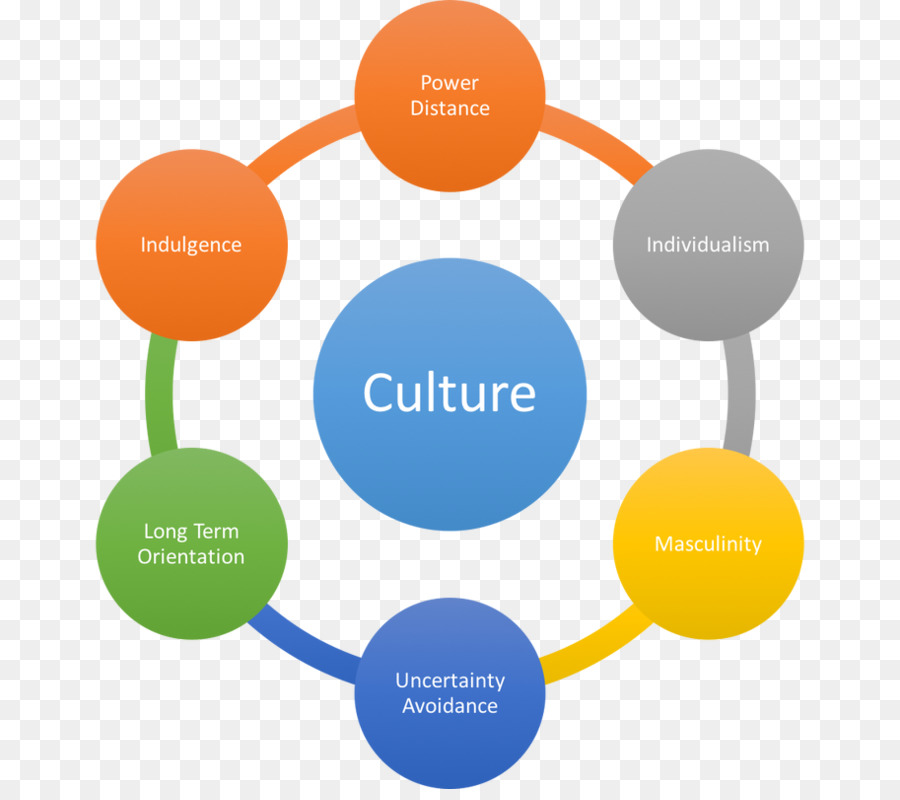 A study of 4,500 couples found that fights over money are a strong predictor of divorce, regardless of whether the couple has experienced real financial hardship.
A study of 4,500 couples found that fights over money are a strong predictor of divorce, regardless of whether the couple has experienced real financial hardship.
Exploring the relationship between financial problems and divorce — Wiley Online Library
Why is money so important for family well-being? Study co-author Sonya Britt says that arguments about money are more emotional and intense than almost any other: people often use harsher language, and the argument lasts longer. It also takes more time to recover from such conflicts.
Loans often destroy relationships
Another test for couples is a loan. As financial psychologist Joy Lehr explains, credit is a big stressor on its own, but it often exacerbates many other relationship problems. Especially if repayment requires sacrifice on the part of the partner, and not the borrower himself.
Can debt ruin a relationship? Here's What Psychologists Say - Huffpost
Surveys show partner debt is a common cause for concern. But the level of unrest also depends on what the loan is taken for.
But the level of unrest also depends on what the loan is taken for.
Relationships and Debt - Nitro College
When it comes to tuition fees, a mortgage, or a car loan, most spouses will take it with an understanding: money well spent. True, with the latter it is still worth being careful. 92% of respondents would rather date someone with a modest car and no debt than someone with an expensive car and a big monthly payment.
/no-credits-no-cry/
Definitely not: 5 situations when you should not take a loan
Source: nitrocollege.com Source: nitrocollege.com , - payday loans, which are taken from microfinance organizations at high interest rates.Budgeting and frugality are sexy
An Ally Bank study of 1,000 people found that financial literacy and the ability to save money are highly attractive traits in a potential romantic partner. 55% of respondents would like their husband or wife to have them. Also on the list of attractive features is the ability to pay bills on time and thrift.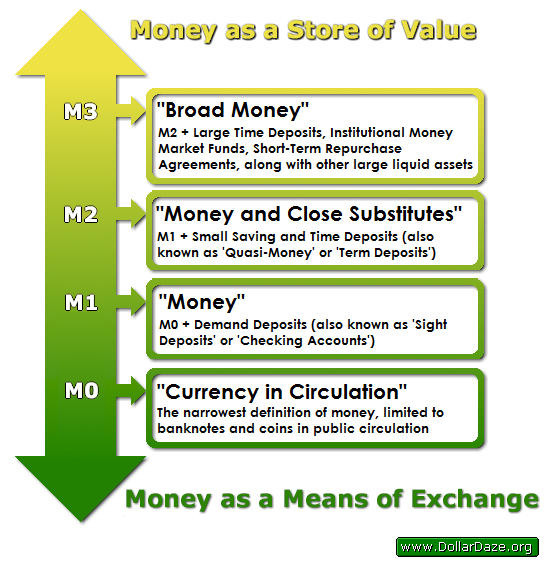
Most Americans are attracted to those who know how to budget and save - Ally Financial Inc.
Another American study examining the relationship between financial and romantic goals across generations came to similar conclusions. For millennials—those born between 1981 and 1996—particularly desirable qualities in a partner are the ability to set financial goals, stay within a budget, and be financially independent from parents or anyone else.
Investors 10/18/21
The stocks of these companies can benefit from rising incomes of millennials and zoomers
Wealth sometimes ruins love
The absence of money problems and a stable above-average income increase the chances of finding love. In this case, financial opportunities are converted into new social contacts, which means that the chances of meeting the right person increase.
Money can buy love - The Daily Mail
But sometimes a high income causes discord in relationships. The team of psychologist Igor Grossman from the University of Waterloo conducted a study involving 2,500 people. Scientists tested how wisdom in decisions and the ability to compromise depend on a person’s income level: it turned out that rich people are less likely to show flexibility and empathy in relationships.
The team of psychologist Igor Grossman from the University of Waterloo conducted a study involving 2,500 people. Scientists tested how wisdom in decisions and the ability to compromise depend on a person’s income level: it turned out that rich people are less likely to show flexibility and empathy in relationships.
Social class and wisdom in judging interpersonal conflict - The Royal Society
This seems to be due to the fact that people who have achieved financial success are initially more oriented towards achievement and status than towards relationships and family. Flexibility is necessary for a relationship to satisfy both parties, but not all rich people make this their goal. They tend to have less fear of losing relationships and are more likely to view their partner as replaceable. But such an approach hits not only partners, but also themselves: it deprives the depth of relationships and trust.
Grossman believes that the rich are not at all doomed to constantly change partners, but it is important to develop tolerance for the imperfections of another person, empathy and self-reflection, which will help you see your own mistakes.
Insidious-money relations
The secret of women's pliability has long been successfully unraveled: it lies in two modest concepts - money and men. Some are ready to tear any man for money. Others are ready to tear any money for a man. The secret of male irresistibility has also been unraveled for a long time, it is no less than female, it consists in two concepts - money and women. Some are ready to go over women's heads for money. Others are ready to pour any money on a woman's head. One way or another, money in relationships is a global aspect, but delicate. Discussing it is indecent. But you can't scare us with a hellish frying pan. We will discuss and eventually decide. Who, with whom, when and for what money.
Counting money in pairs is not accepted at all, not all couples I know are ready to talk about it frankly. This is especially true for wealthy people. They strenuously pretend that the money schemes in the family are resolved amicably, and sometimes without any participation at all. Gopher and I are happy, that's our whole secret! And it was interesting for me to know whether there should be clearly built material ties between a man and a woman, along with sexual ones? Do marriages break down because of money and how? Should the counter automatically turn on for the time that we give men? Begging for money - humiliating or satisfying?
Gopher and I are happy, that's our whole secret! And it was interesting for me to know whether there should be clearly built material ties between a man and a woman, along with sexual ones? Do marriages break down because of money and how? Should the counter automatically turn on for the time that we give men? Begging for money - humiliating or satisfying?
For example, I have always been convinced that bargaining in a relationship is inappropriate. I'll earn my own money for shampoo and shoes. And if I can't earn money, I'll live without them. Money in relationships is the plane of amphibians and reptiles, spineless and skullless. Well, as a last resort, this is a plane for magpies and poodles. But not for sweeping birds. And not for long-maned Afghan hounds. Love is measured by money by those who themselves are measured only in centimeters and kilograms, who themselves are only in the corridors and walls, who themselves are listed only on the tables of passport officers and in electronic Facebook profiles.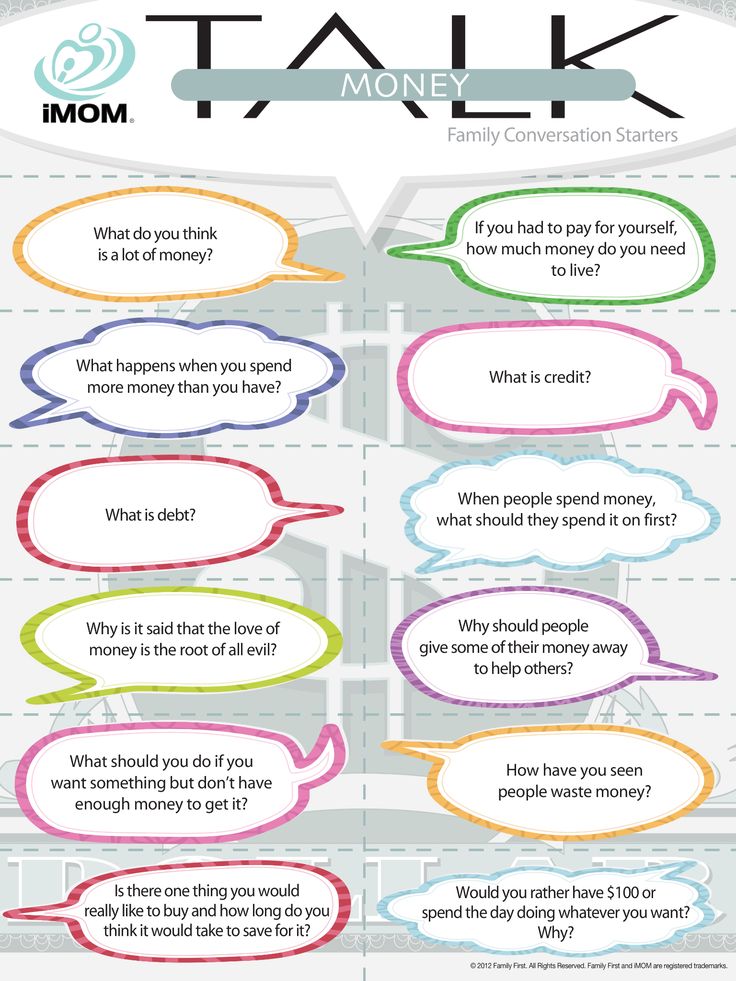 To measure love with money is as blasphemous as to measure death by the volume of a tombstone. It's not mine.
To measure love with money is as blasphemous as to measure death by the volume of a tombstone. It's not mine.
And here I am, a big mountain bird, so despising money standards, flying over relationships like a garbage bag over a landfill. Around and around, but all past the cash register. Unfortunately, for some reason, it was in my life that relationships cracked due to financial problems. Somewhere, so I made a mistake?
My monetary attitudes are very different from the values of the family. Even my eighty-year-old grandmother, upon hearing about my new novel, instantly asks: “What kind of car does he have? Do you have an apartment? I sigh heavily. I don't care deeply. For me, such concepts as "Man-Money-I" should not intersect in the same linguistic plane. I do not accept expensive gifts - I am ashamed. It’s hard for me to get together in a restaurant at his expense - I’m ashamed. I reject any help - I'm ashamed. I am offended by financial guardianship - I am ashamed. As a result, all my more or less serious relationships developed according to one boring scenario: at first he protests, and then relaxes and turns into a lazy noblewoman, waiting for offerings. And so every time, with discontent, I found next to me a man who not only favorably accepts my impulses to pay with my card everywhere and everywhere, but also takes them for granted. It means that the money question is still being asked in my life.
As a result, all my more or less serious relationships developed according to one boring scenario: at first he protests, and then relaxes and turns into a lazy noblewoman, waiting for offerings. And so every time, with discontent, I found next to me a man who not only favorably accepts my impulses to pay with my card everywhere and everywhere, but also takes them for granted. It means that the money question is still being asked in my life.
When a man earns a lot, and a woman does not earn at all or earns but little, she automatically, like a real yogi, takes the pose of a “beggar”. And we must pay tribute to those men who are trying in every possible way to ease this position for a woman: they give, slip, put. And somehow, imperceptibly, money becomes common, and dependence dissolves in a kaleidoscope of everyday problems. But there is a category of men who really like various poses, and the “asking” one is the most beloved. They not only enjoy contemplation, but also put their feet on top of their heads in order to bend, bend or break even lower.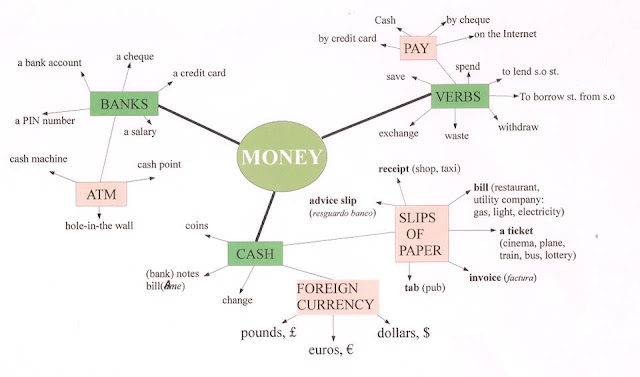
I had two acquaintances. One left her English husband. He called toothpicks "expensive", and his wife - "spender". He twisted his face with disdain, unfastened his purse with distrust, and studied the accounts with a magnifying glass and suspicion. Another friend of mine is still happily married, although she is completely dependent on her husband. I forgot to say that she, of course, is a bit of a prostitute, and he is a terrible crocodile. But that didn't bother him or her at all. Asking her husband for money is a daily ritual for her, and this sweet morning tradition does not humiliate her in any way. After all, it will not decrease, but what is the result! Bag-fur coat-machine. The crocodile occasionally bludgeons her and threatens to cut off the oxygen supply, but then moves away, purrs and fawns. And again a bag-fur coat-car.
Money is my terrible complex. I don't want to burden anyone with my problems. I'm afraid to seem thoughtful, poor, insolvent, dependent. I'm afraid that they won't love me. I myself will pay, I will treat everyone myself, I will pay myself, I will carry the bags myself. And indeed, I have always earned a decent income and strongly denied men's gifts. I myself like to give my guys expensive things. I love courting like a man and try to squeeze money in wherever I can. And it's terribly all somehow ashamed and embarrassing. But I can't help myself. And what?! What is the result? Yes, none. I continue to be more or less alone or lonely.
I myself will pay, I will treat everyone myself, I will pay myself, I will carry the bags myself. And indeed, I have always earned a decent income and strongly denied men's gifts. I myself like to give my guys expensive things. I love courting like a man and try to squeeze money in wherever I can. And it's terribly all somehow ashamed and embarrassing. But I can't help myself. And what?! What is the result? Yes, none. I continue to be more or less alone or lonely.
Here's a story. I gave my ex-boyfriend a guitar for his birthday. He dreamed of this. To buy it, I had to spend two-thirds of my annual bonus. I work hard to get my bonus and I want a lot of things too. This guy didn't work at all. I could, of course, buy him a sweater, or a video box, or a new phone. But I know that only a guitar worth a few thousand dollars will make him truly happy. He is a musician. He likes music and liked me. And so I think: “Money is nonsense. Why do I need all the money in the world when I have my boyfriend? Today I am very happy, so let the gears of happiness work in full force! And so I give this money. This purchase for me is like a kind of retribution with the Almighty for sent down happiness. I can burn all the money, if only my boyfriend loved me. The Almighty does not like to haggle. He does not measure love in terms of money. Therefore, my attempts to bribe him suffer a complete failure. The guy left me and somewhere far away in another country became a thousand times happier without me, but with a new guitar for thousands of dollars.
This purchase for me is like a kind of retribution with the Almighty for sent down happiness. I can burn all the money, if only my boyfriend loved me. The Almighty does not like to haggle. He does not measure love in terms of money. Therefore, my attempts to bribe him suffer a complete failure. The guy left me and somewhere far away in another country became a thousand times happier without me, but with a new guitar for thousands of dollars.
If a man earns less than you, then at first it seems not to be scary, but then it becomes nauseating. I heard many stories when couples broke up, because the man stopped respecting himself against the background of the fact that his wife stopped respecting him. Or just no background. And no matter how a woman tries to relax the situation, in the long run, unfortunately, nothing will come of it. One of my friends worked hard for three. The husband worked as best he could, but soon he was left without work at all. Well, he was out of luck. He was very worried, ran to interviews, scrubbed the floors and cooked dinners. She once came home from a meeting, and he fixed her shoes and shows her. She looked with gratitude, but with regret, and went into the kitchen. He started drinking. Then came the divorce. Later, however, the work was found, but it does not matter now. And there is another story about how a girl supported her boyfriend, because he also could not find a job. He didn't even ask for help. But she loved and became addicted to this help. Bring food, clean the house, for cigarettes, for gasoline, for new jeans. She runs home from work with bags on wings, and he lies on the couch with beer at home. Parasitic. She pays no attention to it. He still managed to push her around for this: why didn’t you buy sausages for my beloved? Why is she dressed somehow? Why are you even so small/big, funny/sad, dumb/smart? Why are you at all? She still gives him stuffed zucchini in this domestic slavery and shakes her head in time with his moralizing. Improved.
She once came home from a meeting, and he fixed her shoes and shows her. She looked with gratitude, but with regret, and went into the kitchen. He started drinking. Then came the divorce. Later, however, the work was found, but it does not matter now. And there is another story about how a girl supported her boyfriend, because he also could not find a job. He didn't even ask for help. But she loved and became addicted to this help. Bring food, clean the house, for cigarettes, for gasoline, for new jeans. She runs home from work with bags on wings, and he lies on the couch with beer at home. Parasitic. She pays no attention to it. He still managed to push her around for this: why didn’t you buy sausages for my beloved? Why is she dressed somehow? Why are you even so small/big, funny/sad, dumb/smart? Why are you at all? She still gives him stuffed zucchini in this domestic slavery and shakes her head in time with his moralizing. Improved.
No, of course, I want to be looked after.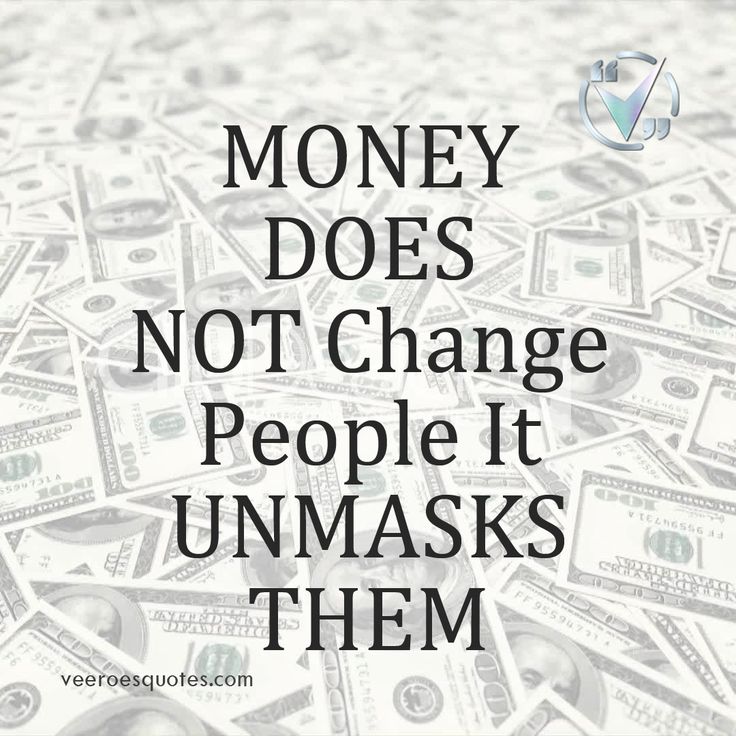 But only in such a way that courtship does not leave an imprint of obligation or suspicious interest on me. I heard a hundred times how young people (and it doesn’t matter whether they are financially successful or not) accusatoryly threw at ALL GIRLS: “Yes, they only need to pump money out of us”; “I have no chance, I don’t have a sports car”; "Normal disinterested girls now in the afternoon with fire ...". So. I'm not that kind of girl. Leave money and gifts at the door. I'll buy everything for myself, just give me a little love. But even this turns out to be an unbearable, unbearable gift.
But only in such a way that courtship does not leave an imprint of obligation or suspicious interest on me. I heard a hundred times how young people (and it doesn’t matter whether they are financially successful or not) accusatoryly threw at ALL GIRLS: “Yes, they only need to pump money out of us”; “I have no chance, I don’t have a sports car”; "Normal disinterested girls now in the afternoon with fire ...". So. I'm not that kind of girl. Leave money and gifts at the door. I'll buy everything for myself, just give me a little love. But even this turns out to be an unbearable, unbearable gift.
There are girls who say that money is not important to them, but they count money themselves. Our own especially, and strangers - frowningly. Here the guy in the cafe will not pay for them, they put a tick. Will not buy an expensive birthday present - a couple more ticks. It doesn’t take you to rest in the summer - a whole flock of wild jackdaws will fly in! And it seems that these girls want love, but they continue to put jackdaws. And that's okay. These are smart girls. In money, they do not see a dump truck with treats and offerings, but masculine power, reliability and responsibility. They see a lot with their sharp eyes and stay with those who are still able to pay. Who will judge such girls? Yes, God forbid!
And that's okay. These are smart girls. In money, they do not see a dump truck with treats and offerings, but masculine power, reliability and responsibility. They see a lot with their sharp eyes and stay with those who are still able to pay. Who will judge such girls? Yes, God forbid!
My beloved friend Tanya yells at me like a victim every time she hears about my generosity and nobility towards men. "You round idiot! she hisses into the phone. “But when will it come to you that men need to invest in us?! The more money they spend on us, the harder it is for them to leave us. And you humiliate them with your financial tantrums. Relax, let them finally do something. Well, and then there will always be something left as a souvenir.
It's good when there is a common budget and people are approximately equal in their financial capabilities. But what if they started on an equal footing, and then the wife abruptly went up the career ladder? Here, it seems, is your wife, but from the wife there are only outlines. Or did the husband become rich dramatically, strengthened, rushed forward, and the wife tries to keep up with his high-speed car on a scooter? I have heard such stories. Many hide behind the horizon, leaving those who cannot catch up. Many quietly eat themselves from the inside out of envy and begin to bite others. And there are those who are proud of each other and support. And if it so happened that life has redistributed financial roles, this does not mean that human roles have changed.
Or did the husband become rich dramatically, strengthened, rushed forward, and the wife tries to keep up with his high-speed car on a scooter? I have heard such stories. Many hide behind the horizon, leaving those who cannot catch up. Many quietly eat themselves from the inside out of envy and begin to bite others. And there are those who are proud of each other and support. And if it so happened that life has redistributed financial roles, this does not mean that human roles have changed.
“My husband gave me a Mercedes for the birth of my son,” says a colleague. “And he gave me a ring for our anniversary,” the same colleague echoes her. “But my mistress is. I know for sure. He started giving me Cartiers on a regular basis,” another office lady proudly interjects. For men, gift giving is a form of rejection. The deeper the market form penetrates into relationships, the weaker and more vulnerable these same relationships become to endless gifts-paybacks. And now these women fall into direct dependence on Chanel, Bulgari, Maldives and Nice, as compensation for failed love or for something that has already taken place. And it seems like a gift is a manifestation of love, but for some reason it hurts from such gifts.
And it seems like a gift is a manifestation of love, but for some reason it hurts from such gifts.
Do we have the right to look into each other's wallets? Demanding the manifestation of love in the form of gifts, not kisses? Relationships are when you have everything in common. One body, four legs and four arms. There are no payments and reckoning, no calculations and recalculations. So will it be for me someday. At least I dream about it.
“Let's go to Greece,” my friend tells me. "I can't, I have no money." “Stop, you don’t have to worry about anything at all, I take care of everything. Get your passport details out. "I'm sorry, but I really can't do it. Another time somewhere in the future somehow another time sometime later". I didn't go to Greece then. But this invitation still means a lot to me. I think if I did go, I would not forgive myself, and we would have many unpleasant moments of an uncomfortable obligation. And so ... Only the magical realization that someone is ready to resolutely and unconditionally "take everything upon himself.